David A. Messenger - Hunting Nazis in Francos Spain
Here you can read online David A. Messenger - Hunting Nazis in Francos Spain full text of the book (entire story) in english for free. Download pdf and epub, get meaning, cover and reviews about this ebook. City: Bat, year: 2014, publisher: LSU Press, genre: History. Description of the work, (preface) as well as reviews are available. Best literature library LitArk.com created for fans of good reading and offers a wide selection of genres:
Romance novel
Science fiction
Adventure
Detective
Science
History
Home and family
Prose
Art
Politics
Computer
Non-fiction
Religion
Business
Children
Humor
Choose a favorite category and find really read worthwhile books. Enjoy immersion in the world of imagination, feel the emotions of the characters or learn something new for yourself, make an fascinating discovery.

- Book:Hunting Nazis in Francos Spain
- Author:
- Publisher:LSU Press
- Genre:
- Year:2014
- City:Bat
- Rating:4 / 5
- Favourites:Add to favourites
- Your mark:
Hunting Nazis in Francos Spain: summary, description and annotation
We offer to read an annotation, description, summary or preface (depends on what the author of the book "Hunting Nazis in Francos Spain" wrote himself). If you haven't found the necessary information about the book — write in the comments, we will try to find it.
In the waning days and immediate aftermath of World War II, Nazi diplomats and spies based in Spain decided to stay rather than return to a defeated Germany. The decidedly pro-German dictatorship of General Francisco Franco gave them refuge and welcomed other officials and agents from the Third Reich who had escaped and made their way to Iberia. Amid fears of a revival of the Third Reich, Allied intelligence and diplomatic officers developed a repatriation program across Europe to return these individuals to Germany, where occupation authorities could further investigate them. Yet due to Spains longstanding ideological alliance with Hitler, German infiltration of the Spanish economy and society was extensive, and the Allies could count on minimal Spanish cooperation in this effort.
In Hunting Nazis in Francos Spain, David Messenger deftly traces the development and execution of the Allied repatriation scheme, providing an analysis of Allied, Spanish, and German expatriate responses. Messenger shows that by April 1946, British and American embassy staff in Madrid had compiled a census of the roughly 10,000 Germans then residing in Spain and had drawn up three lists of 1,677 men and women targeted for repatriation to occupied Germany. While the Spanish government did round up and turn over some Germans to the Allies, many of them were intentionally overlooked in the process. By mid-1947, Francos regime had forced only 265 people to leave Spain; most Germans managed to evade repatriation by moving from Spain to Argentina or by solidifying their ties to the Franco regime and Span-ish life. By 1948, the program was effectively over.
Drawing on records in American, British, and Spanish archives, this first book-length study in English of the repatriation program tells the story of this dramatic chapter in the history of post--World War II Europe.
David A. Messenger: author's other books
Who wrote Hunting Nazis in Francos Spain? Find out the surname, the name of the author of the book and a list of all author's works by series.

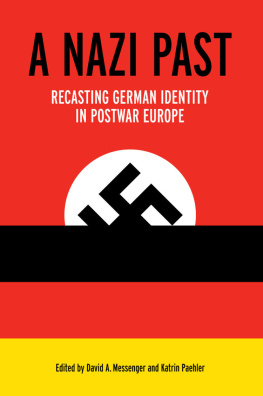
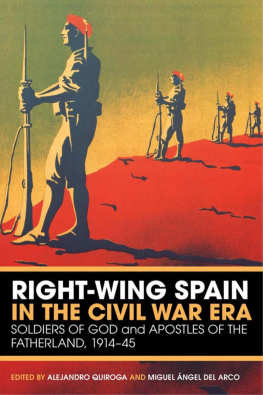
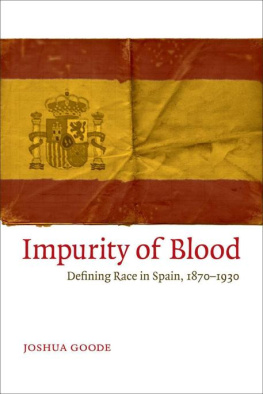
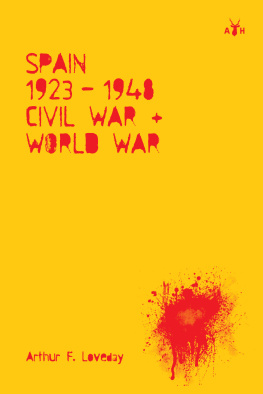

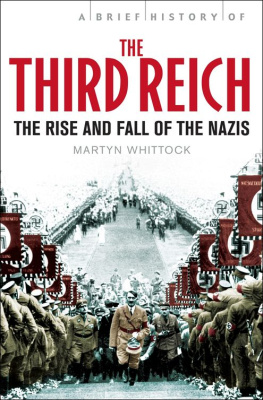
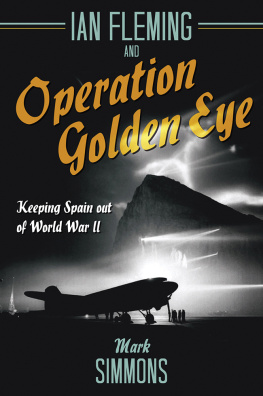
 BATON ROUGE
BATON ROUGE